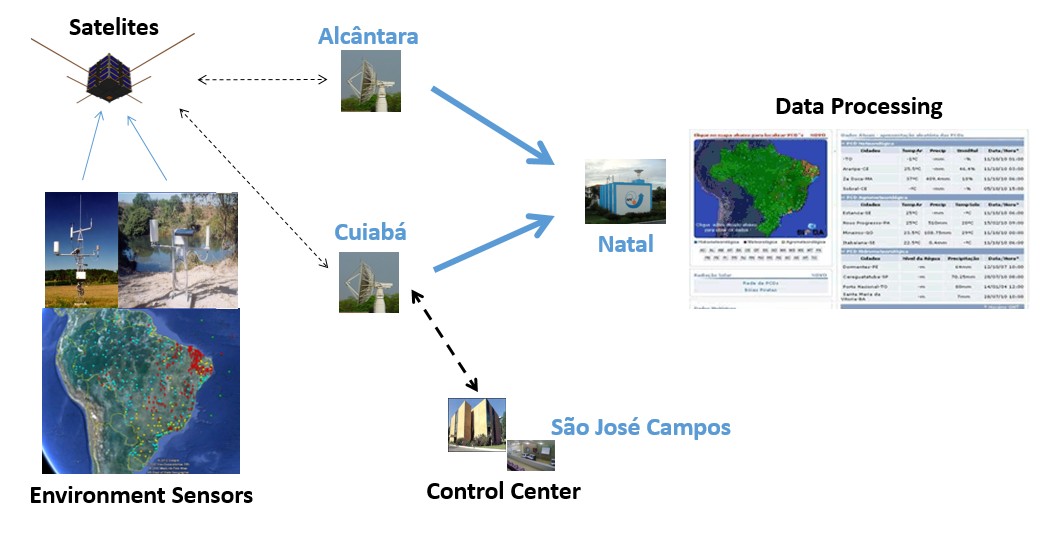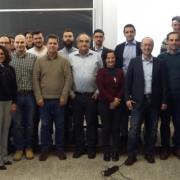The H2020 ADVANCE project has started
The “Addressing Verification and Validation Challenges in Future Cyber-Physical Systems” (ADVANCE) H2020 RISE research project has started this year with the participation of researchers from our research group working on the challenges of future cyber-physical systems. Cyber-physical systems (CPS) are complex systems where the physical aspects are deeply integrated with the communication and computing (cyber) parts providing physical systems with new “intelligent” capabilities. Examples for CPS include autonomous transportation, Industry 4.0 or Internet of Things (IoT) systems. The tight interaction with the physical world often means that CPSs, if not operating properly, can cause harm to users and/or the environment. Therefore the verification and validation (V&V) of such systems is a must. The project will study the the V&V methods and the data analysis techniques that are efficient and effective for the new challenges in cyber-physical systems. The goal of the project is to form an international network of organisations working on a joint research and training programme.
According to the Research and Innovation Staff Exchange (RISE) format, the joint research is performed during research exchanges between the partners. The duration of the project is 4 years, and 7 partner organizations are participating: Consorzio Interuniversitario Nazionale Per L’Informatica (Italy), Universidade de Coimbra (Portugal), Budapest University of Technology and Economics (BME), Universidad de los Andes (Columbia), ResilTech s.r.l. (Italy), Universidade Estadual de Campinas (Brazil) and Instituto Nacional de Pesquisas Espaciais (Brazil). The first Transfer of Knowledge workshop was already held in Florence in the beginning of February 2019.

Project kick-off: Industrial use cases and new challenges
The project will work on two CPS case studies to collect challenges and requirements for future V&V activities. The first one is the Brazilian Environmental Data Collection System (BEDCS) developed and operated at INPE, which is a system to monitor the state of rainforest and oceans. The system consists of more than 800 data collection stations scattered throughout Brazil, satellites collecting the data from the stations, and a data processing and visualization center. The system consists of heterogeneous, dynamic components developed and evolved since the nineties, therefore the V&V of the systems is highly complex and critical. One of the current major challenges is to update the system to a CubeSat-based platform without interruptions in the system operation.

The second use case provided by ResilTech is studying the use of modern, multi-core processors and operating systems in future safety-critical systems. Based on experiences in the automotive, railway and industrial automation domains, currently single-core processors and dedicated operating systems supporting a limited number of devices and sensors are used in safety-critical systems. However, on the one hand due to new CPS application areas, e.g. autonomous driving or intelligent industrial controllers, increased performance and flexibility is needed. On the other hand introducing multi-core processors and more general operating systems pose significant verification and certification challenges. The ADVANCE project will work on V&V techniques applicable in this context and will follow relevant industrial initiatives (e.g. OSADL SIL2LinuxMP).



